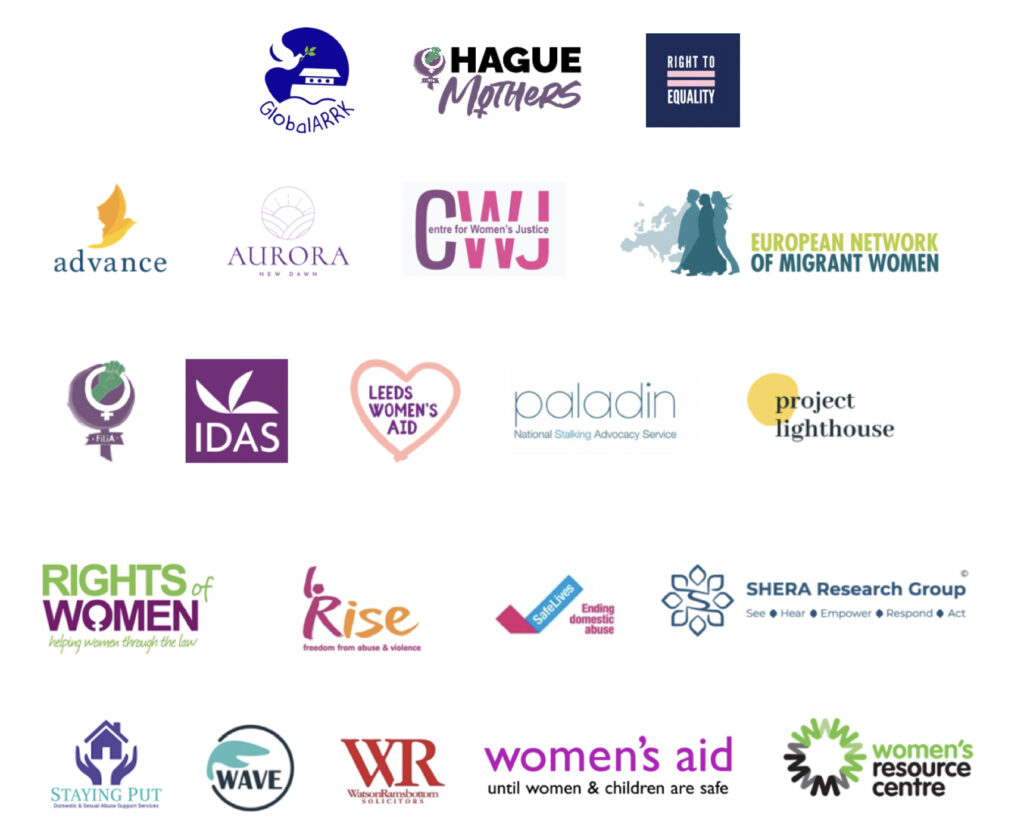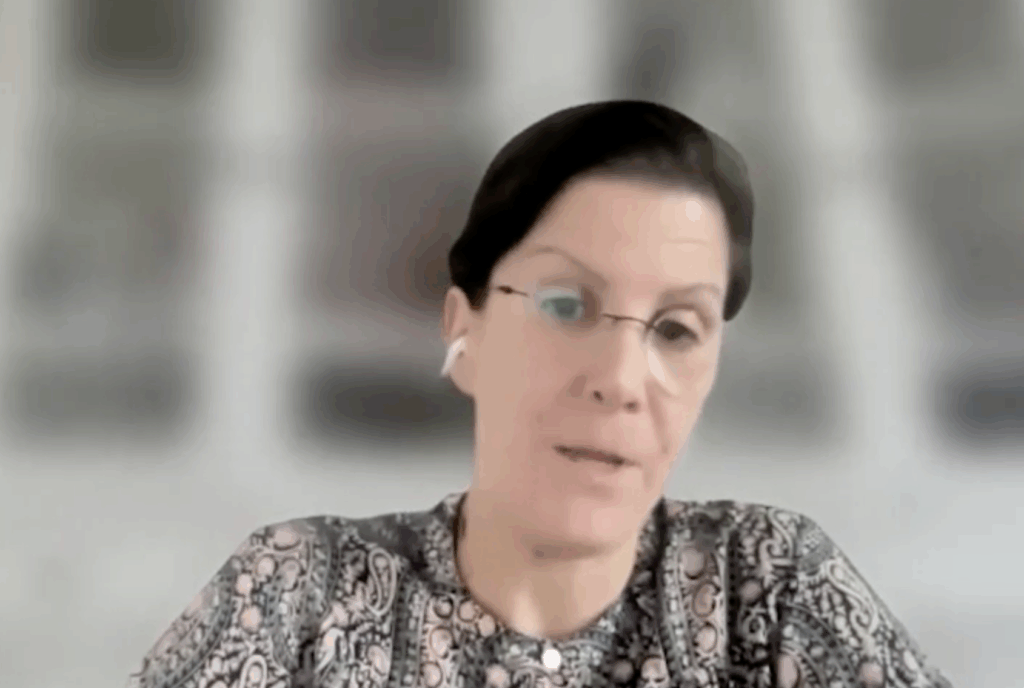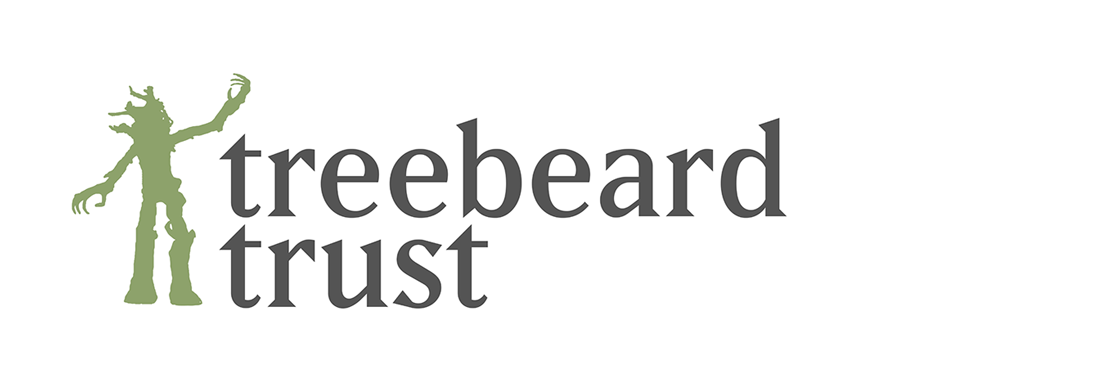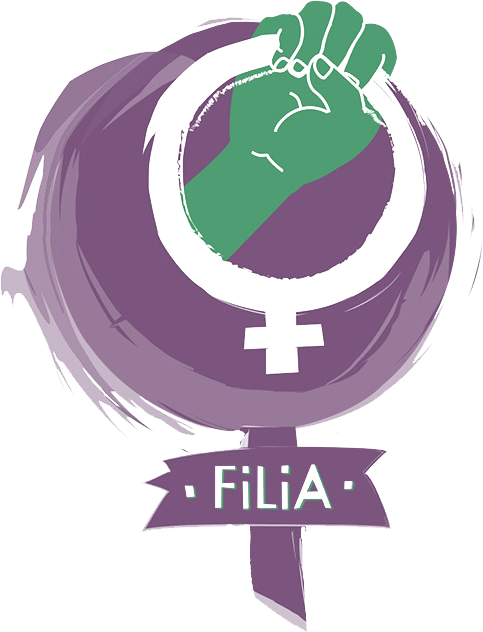
A FILIA MVAWG PROJECT
About
The FiLiA Hague Mothers’ Campaign (FHM)
FHM is a global campaign which aims to end the injustices created by The Hague Convention on the Civil Aspects of International Child Abduction, specifically for mothers and children who are victims of domestic abuse.
We are women-led and women-centred; a voluntary group of lawyers, academics, domestic abuse professionals, child psychologists, human rights and children’s rights activists, trauma specialists, and Hague mothers, all working to support and safeguard victim-survivors. The international sisterhood in action!
(Please note: we are unable to offer legal advice.)
News & Views

No Clause 104 Campaign
Clause 104 of the UK’s Crime & Policing Bill will criminalise DV victim-survivors and forcibly separate mothers & children. It is about to be debated in the House of Lords. Along with colleagues from the VAW sector we are calling for the clause to be removed and have sent this letter, and a full briefing to a number of peers to ask for their support.

Domestic Abuse victims to be criminalised under new law
The Crime & Policing Bill currently in the House of Lords contains a worrying provision (para 104) which would criminalise mothers who attempt to escape an abusive relationship by going back to their home country with their children. It is supported by fathers’ rights groups and, shockingly, by Reunite charity. This Guardian article provides more […]

Reem Alsalem’s keynote speech from Safeguarding Survivors Webinar
On 12 September, FiLiA Hague Mothers, GlobalARRK, Sanctuary for Families, and Revibra Europa held a sell-out webinar which looked at the challenges facing mothers and their children who are caught up in the Hague Abduction Convention. You can now watch the keynote speech of UN Special Rapporteur on Violence against Women and Girls, Reem Alsalem […]
FiLiA
A FiLiA MVAWG Project
FiLiA is an UK-based woman-led volunteer organisation with international reach. As part of the Women’s Liberation Movement, our vision is a world free from patriarchy where all women and girls are liberated. FiLiA’s mission is to
- build sisterhood & solidarity – locally, nationally, globally
- amplify the voices of women – particularly those less often heard or purposefully silenced
- defend women’s human rights
Our volunteer team has organised a Feminist conference – now the largest in Europe – since 2013, with speakers from 79 countries. Check out our website to learn more.
CONTACT
Get in Touch
Email us: Hague@FiLiA.org.uk / AdminHague@FiLiA.org.uk
Find us on X: @FiLiAHagueMums
Stay up-to-date with our events, campaigns and community by signing up to our newsletter
Please Note: FHM is a voluntary, global campaign without full-time staff. We are not able to provide legal advice and there may be a short delay before we are able to respond to emails or DMs.
Your Information
FiLiA Hague Mothers collects personal information when you register with us for our newsletter.
We will use this information to provide the services requested. As a global organisation we may share information with partners around the world with your consent.
FiLiA Hague Mothers will not share your information for marketing purposes. For more information explaining how we use your information please see our privacy policy.

With thanks to Treebeard Trust for their generous support.

